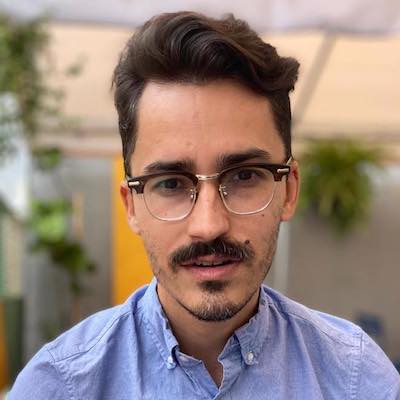Journalism grapples with its class problem
It’s no secret that the demographics of America’s journalists don’t match those of the general population. To take two prominent examples, people with left-wing political views are overrepresented and people of color are underrepresented.
But while those issues have received lots of attention over the years, another has gone somewhat unnoticed: that of social class.
Journalists, especially at national news outlets, come disproportionately from well-off families, large metropolitan areas, and top-tier universities. This is a problem because people from such similar socioeconomic backgrounds often share the same cultural outlook and the same blind spots. Their prevalence at leading news organizations also fuels the perception that journalists are haughty elitists. (Full disclosure: As someone who grew up in an affluent suburb and graduated debt-free from an Ivy League college, I’m part of the problem.)
Awareness of journalism’s class problem is growing. Two new books — an academic study and a conservative polemic — emphasize the factors that prevent many people from less privileged backgrounds from working in news, suggesting that this may be a rare area of agreement for press critics across the political spectrum. A recent Wall Street Journal article about the high cost and low return of prestigious master’s degree programs in journalism launched countless Twitter threads decrying classism in hiring at top news outlets. A similar outcry occurred a couple of years earlier in response to a New York Times editor’s tweet listing which programs’ students made the best interns (elite universities dominated the list).
With journalism jobs increasingly concentrated in expensive coastal cities and salaries in the news industry remaining stubbornly low, the problem isn’t going to fix itself. So how can the profession become more open to aspiring journalists from low-income households, first-generation college graduates, and those with degrees from universities that aren’t near the top of the U.S. News rankings?
To start, paying interns and entry-level staffers a living wage would help, so that those who can’t rely on family members for financial support can pursue a career in news without falling deeper into debt. In addition, news outlets might consider actively recruiting journalists from socioeconomic backgrounds that differ from most of their staff.
The key step, however, is simply acknowledging journalism’s class problem. Those responsible for hiring decisions at news organizations should be aware that some socioeconomic groups are underrepresented. And those responsible for coverage decisions should recognize that the newsroom’s collective wisdom on some issues may be skewed by the staff’s lack of socioeconomic diversity.
Greater awareness isn’t a solution, but it’s a start.
Matthew Pressman is an assistant professor of journalism at Seton Hall University.
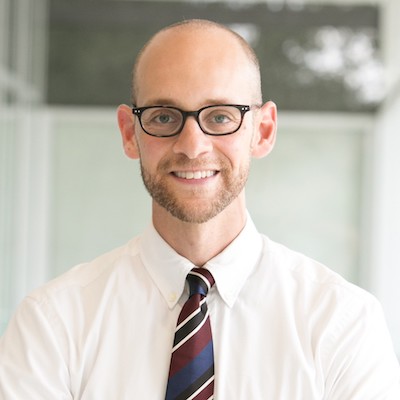
It’s no secret that the demographics of America’s journalists don’t match those of the general population. To take two prominent examples, people with left-wing political views are overrepresented and people of color are underrepresented.
But while those issues have received lots of attention over the years, another has gone somewhat unnoticed: that of social class.
Journalists, especially at national news outlets, come disproportionately from well-off families, large metropolitan areas, and top-tier universities. This is a problem because people from such similar socioeconomic backgrounds often share the same cultural outlook and the same blind spots. Their prevalence at leading news organizations also fuels the perception that journalists are haughty elitists. (Full disclosure: As someone who grew up in an affluent suburb and graduated debt-free from an Ivy League college, I’m part of the problem.)
Awareness of journalism’s class problem is growing. Two new books — an academic study and a conservative polemic — emphasize the factors that prevent many people from less privileged backgrounds from working in news, suggesting that this may be a rare area of agreement for press critics across the political spectrum. A recent Wall Street Journal article about the high cost and low return of prestigious master’s degree programs in journalism launched countless Twitter threads decrying classism in hiring at top news outlets. A similar outcry occurred a couple of years earlier in response to a New York Times editor’s tweet listing which programs’ students made the best interns (elite universities dominated the list).
With journalism jobs increasingly concentrated in expensive coastal cities and salaries in the news industry remaining stubbornly low, the problem isn’t going to fix itself. So how can the profession become more open to aspiring journalists from low-income households, first-generation college graduates, and those with degrees from universities that aren’t near the top of the U.S. News rankings?
To start, paying interns and entry-level staffers a living wage would help, so that those who can’t rely on family members for financial support can pursue a career in news without falling deeper into debt. In addition, news outlets might consider actively recruiting journalists from socioeconomic backgrounds that differ from most of their staff.
The key step, however, is simply acknowledging journalism’s class problem. Those responsible for hiring decisions at news organizations should be aware that some socioeconomic groups are underrepresented. And those responsible for coverage decisions should recognize that the newsroom’s collective wisdom on some issues may be skewed by the staff’s lack of socioeconomic diversity.
Greater awareness isn’t a solution, but it’s a start.
Matthew Pressman is an assistant professor of journalism at Seton Hall University.
Sarah Stonbely

Rachel Glickhouse

Eric Nuzum
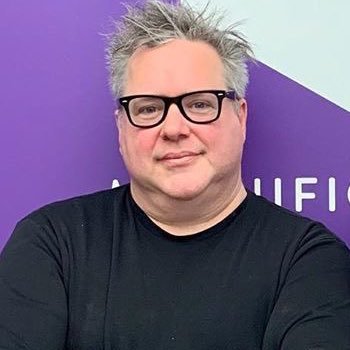
Moreno Cruz Osório

Jesse Holcomb
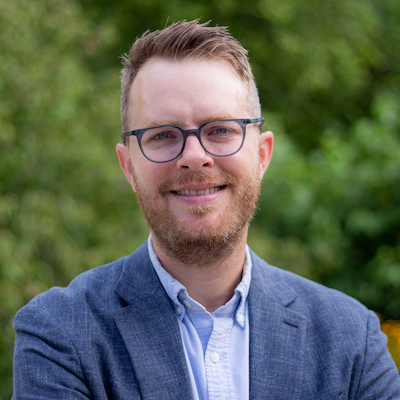
Natalia Viana
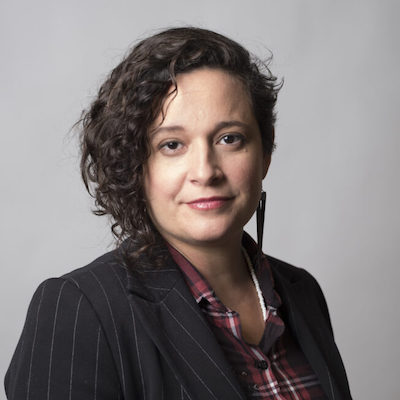
Amara Aguilar

Stefanie Murray

Don Day

Stephen Fowler
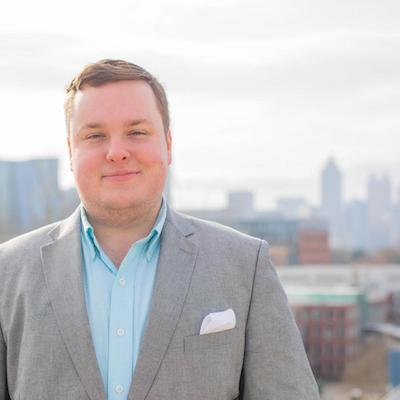
Sarah Marshall

John Davidow

Mike Rispoli
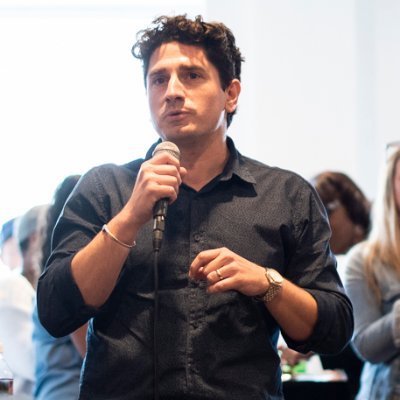
Cherian George
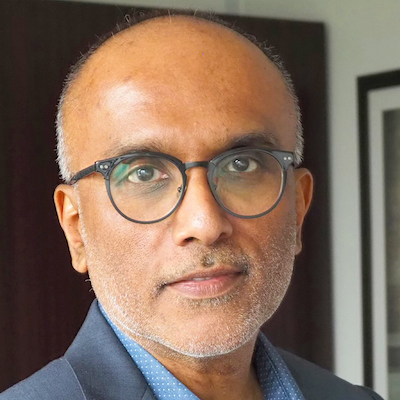
Julia Angwin
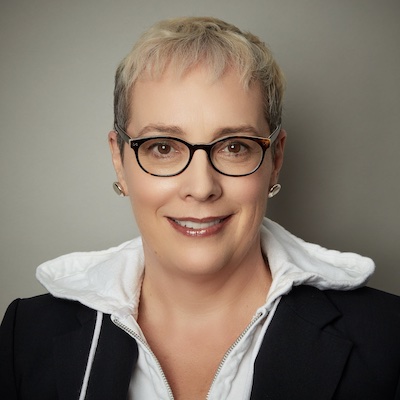
Anita Varma
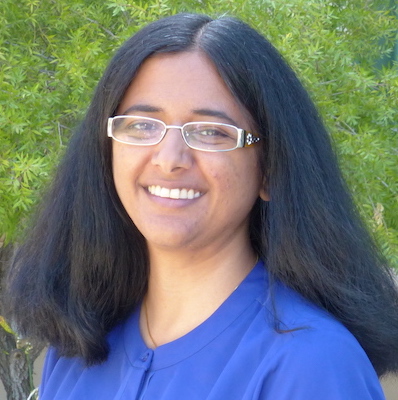
Matthew Pressman

Ariel Zirulnick
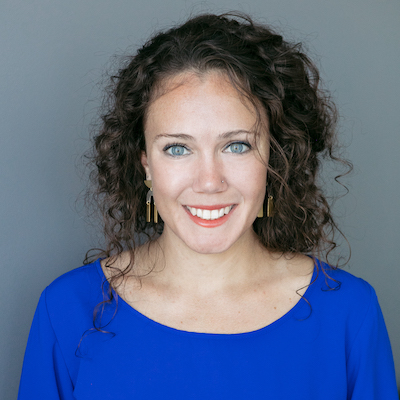
David Cohn

Cristina Tardáguila
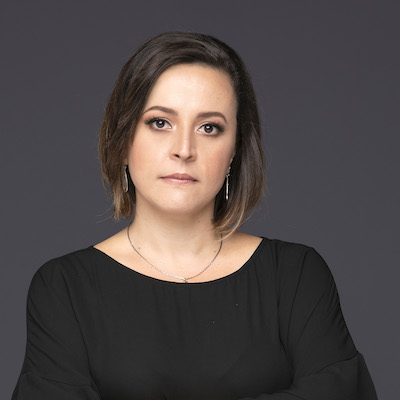
Gordon Crovitz

Michael W. Wagner
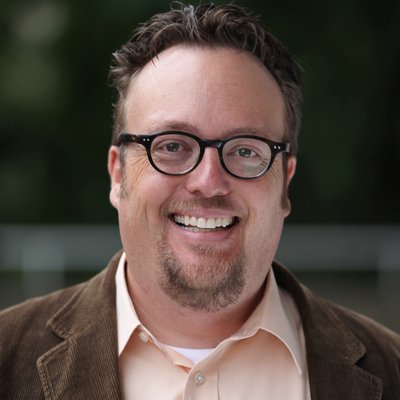
Matt Karolian
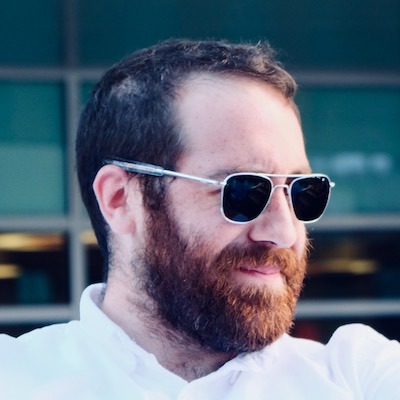
Mario García
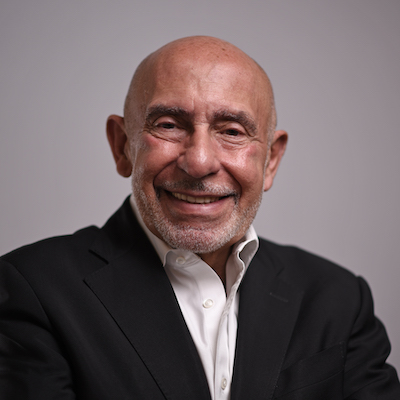
Janelle Salanga

Jim Friedlich
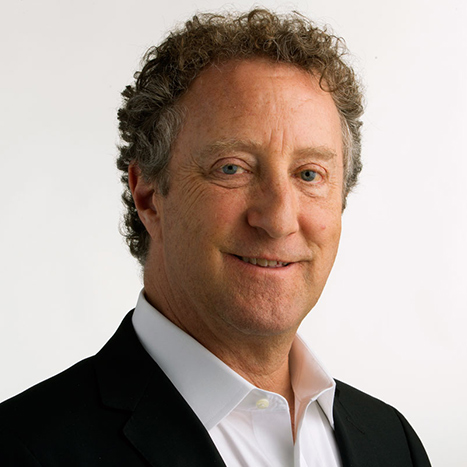
Mary Walter-Brown

Doris Truong
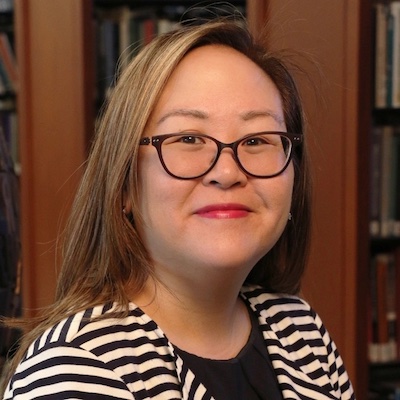
Juleyka Lantigua

Zizi Papacharissi

Jennifer Coogan
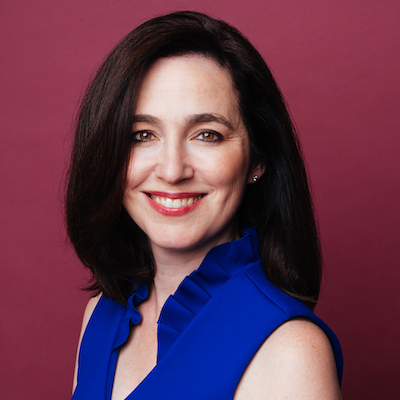
Joni Deutsch
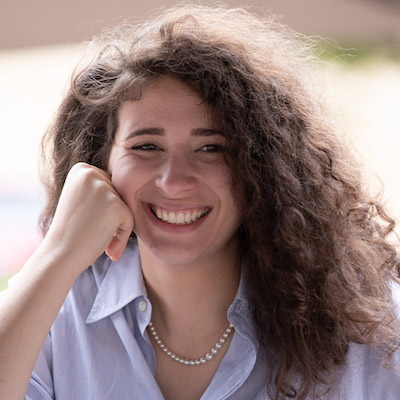
Andrew Freedman

Errin Haines

Gabe Schneider
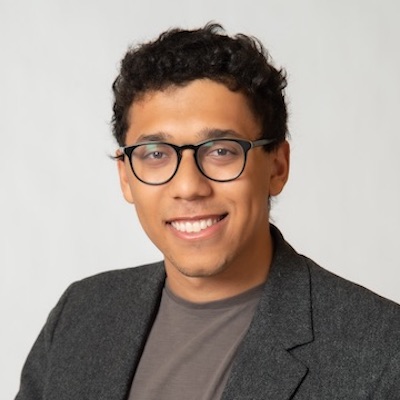
Christoph Mergerson
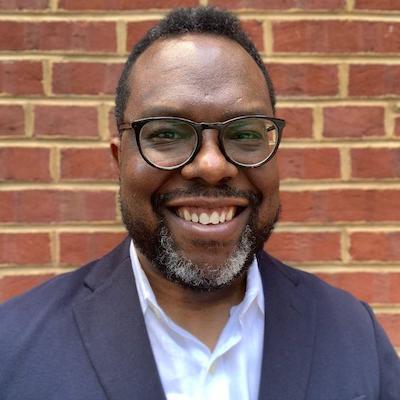
Joe Amditis

Christina Shih

Brian Moritz

Wilson Liévano
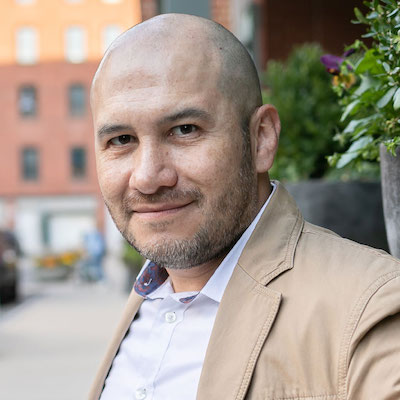
Whitney Phillips

Simon Allison

Catalina Albeanu

Laxmi Parthasarathy
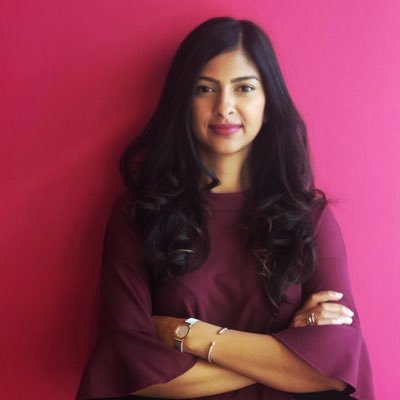
Sam Guzik
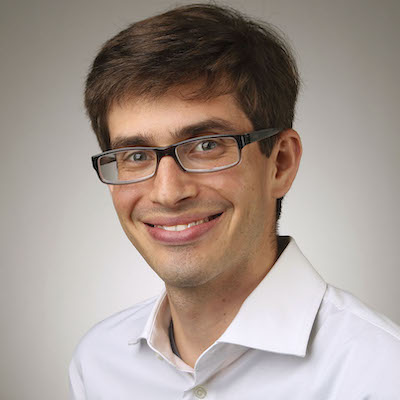
Millie Tran
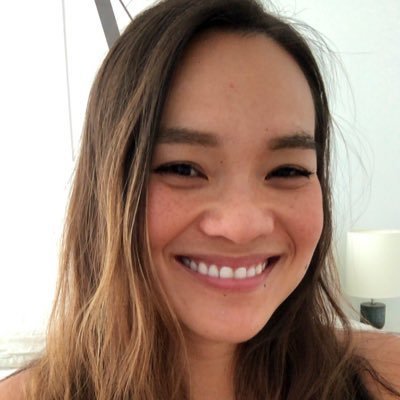
Ståle Grut

Larry Ryckman

Izabella Kaminska
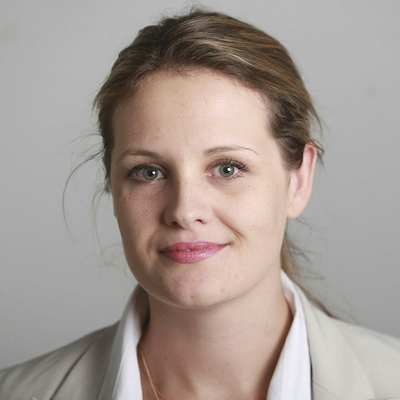
Shalabh Upadhyay
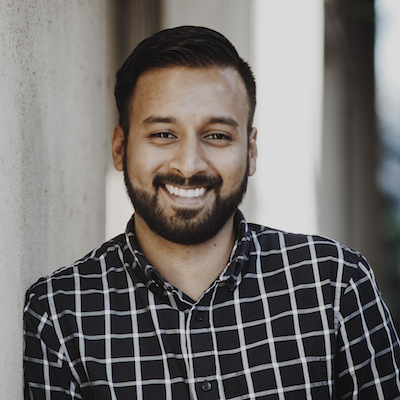
Chase Davis

Richard Tofel

Matt DeRienzo
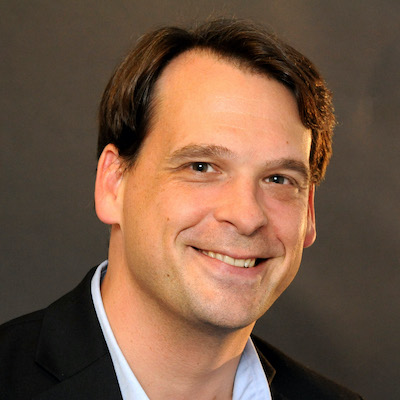
Nikki Usher

Tom Trewinnard
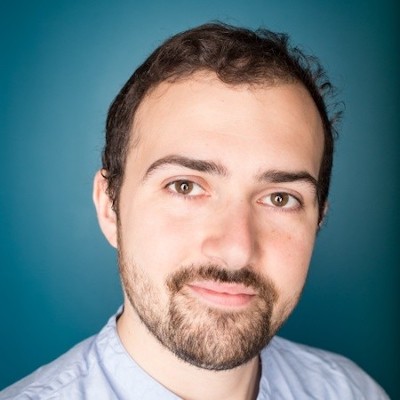
Chicas Poderosas

Francesco Zaffarano
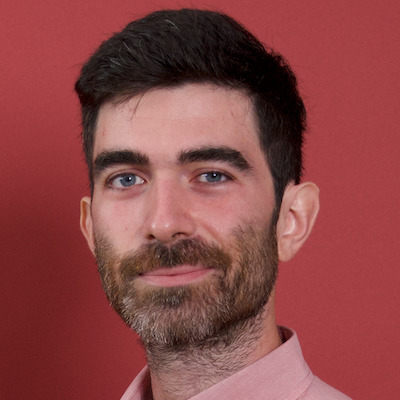
Gonzalo del Peon

Joshua P. Darr
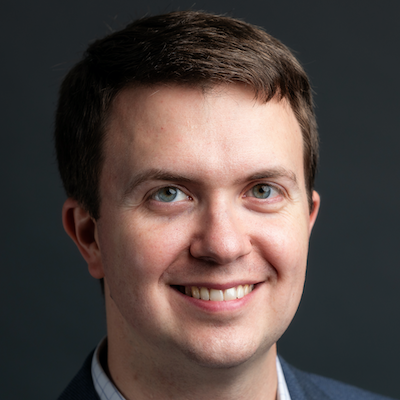
j. Siguru Wahutu
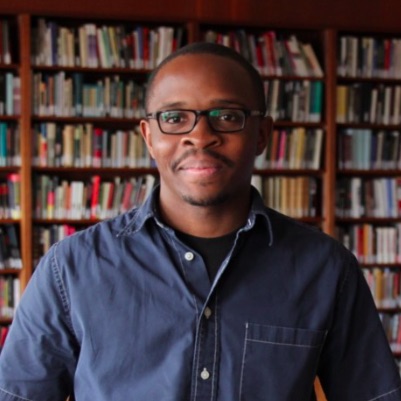
Kendra Pierre-Louis

Melody Kramer

Parker Molloy

S. Mitra Kalita
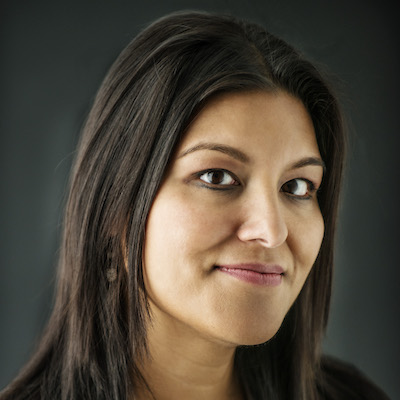
Burt Herman
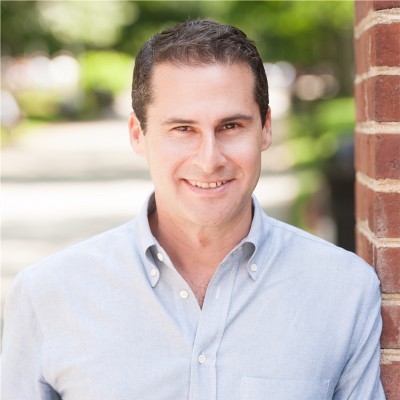
Joy Mayer

David Skok
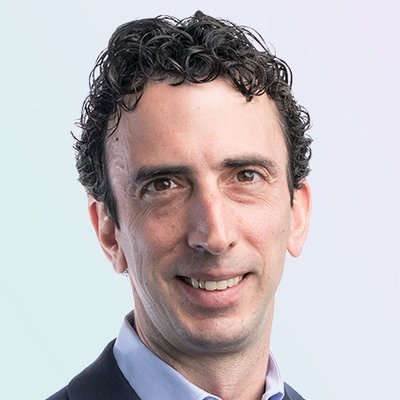
Cindy Royal

Jody Brannon

Kristen Jeffers
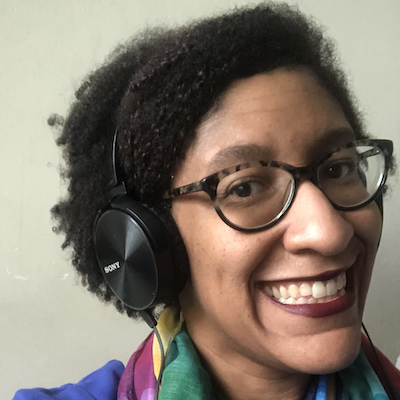
Meena Thiruvengadam
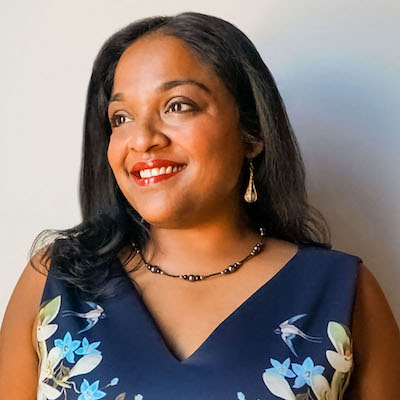
Robert Hernandez
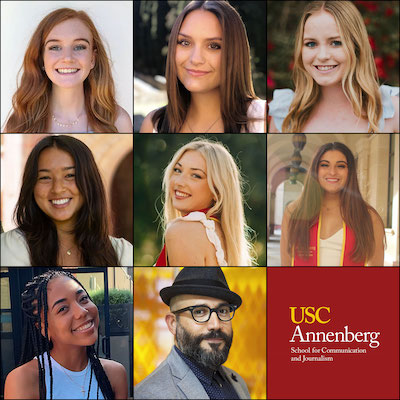
Candace Amos
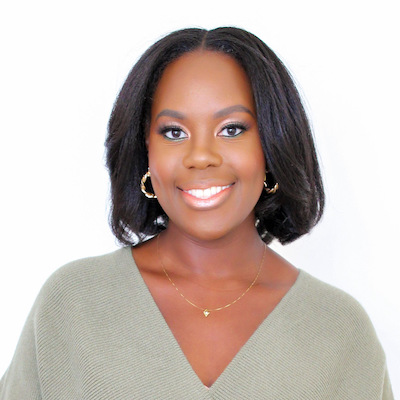
AX Mina

Megan McCarthy

Mandy Jenkins

Jesenia De Moya Correa
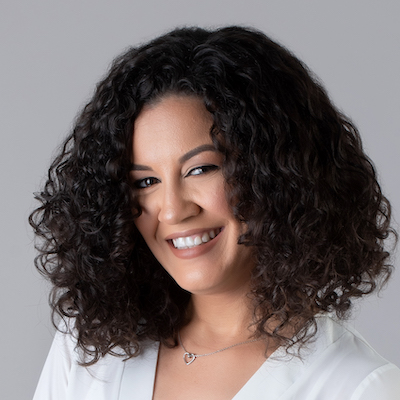
Paul Cheung
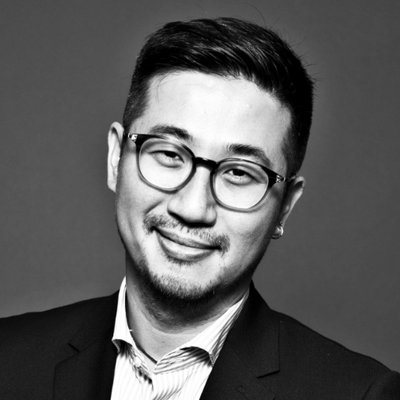
Tamar Charney
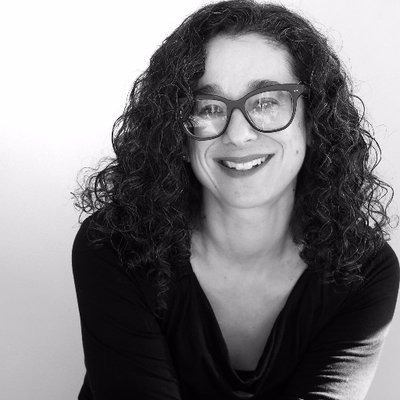
Joanne McNeil

Kathleen Searles Rebekah Trumble

Kristen Muller
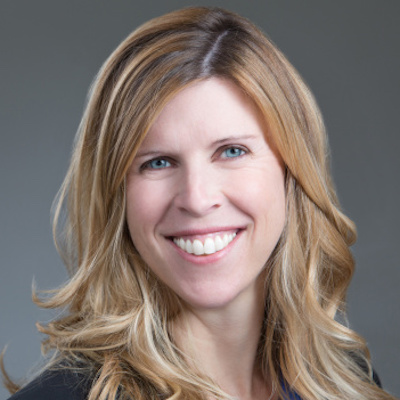
Jennifer Brandel

Simon Galperin

Jonas Kaiser

Anika Anand

Rasmus Kleis Nielsen

Amy Schmitz Weiss
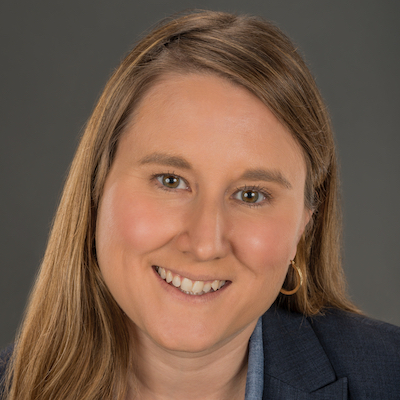
James Green

Tony Baranowski

Shannon McGregor Carolyn Schmitt

Alice Antheaume
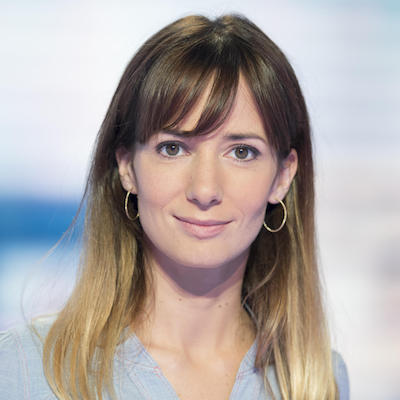
Victor Pickard
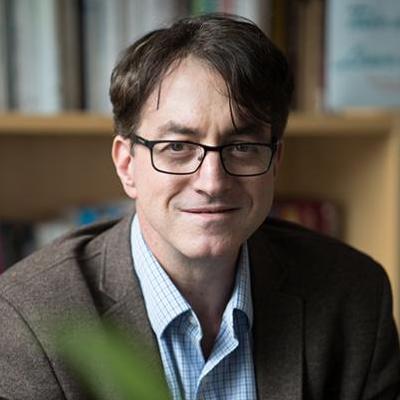
Julia Munslow
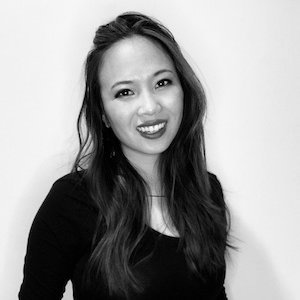
Daniel Eilemberg
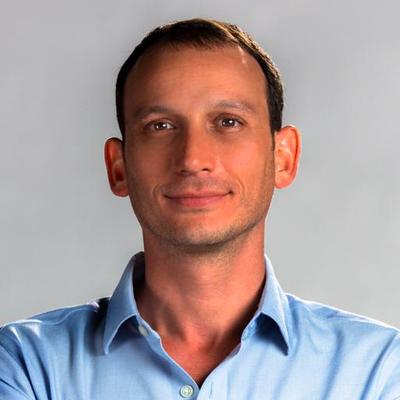
Raney Aronson-Rath
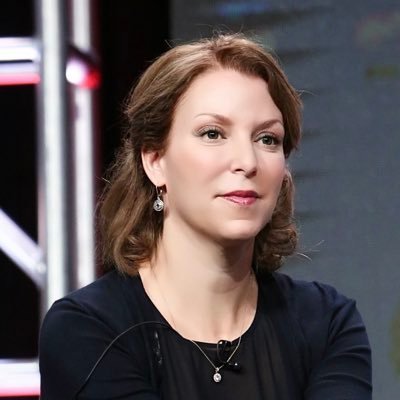
Jessica Clark

Kerri Hoffman
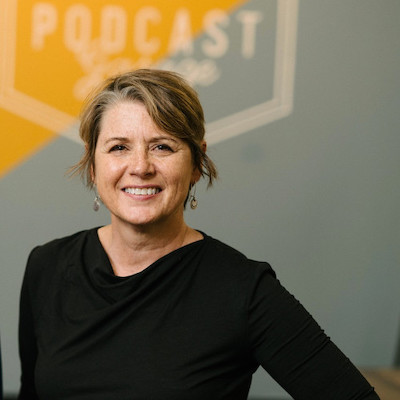
Anthony Nadler

A.J. Bauer
